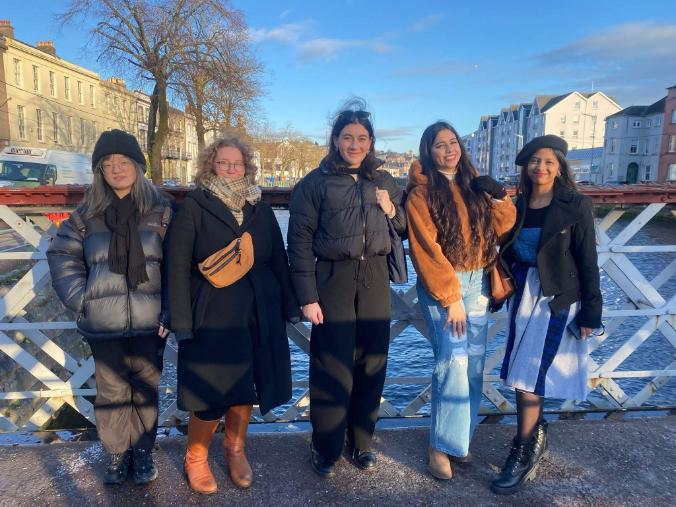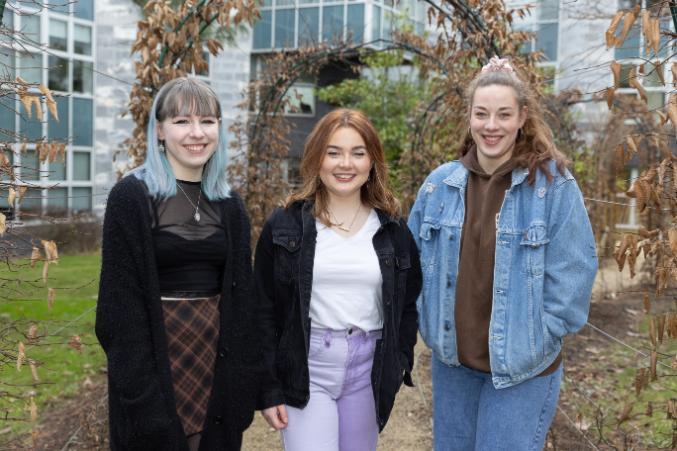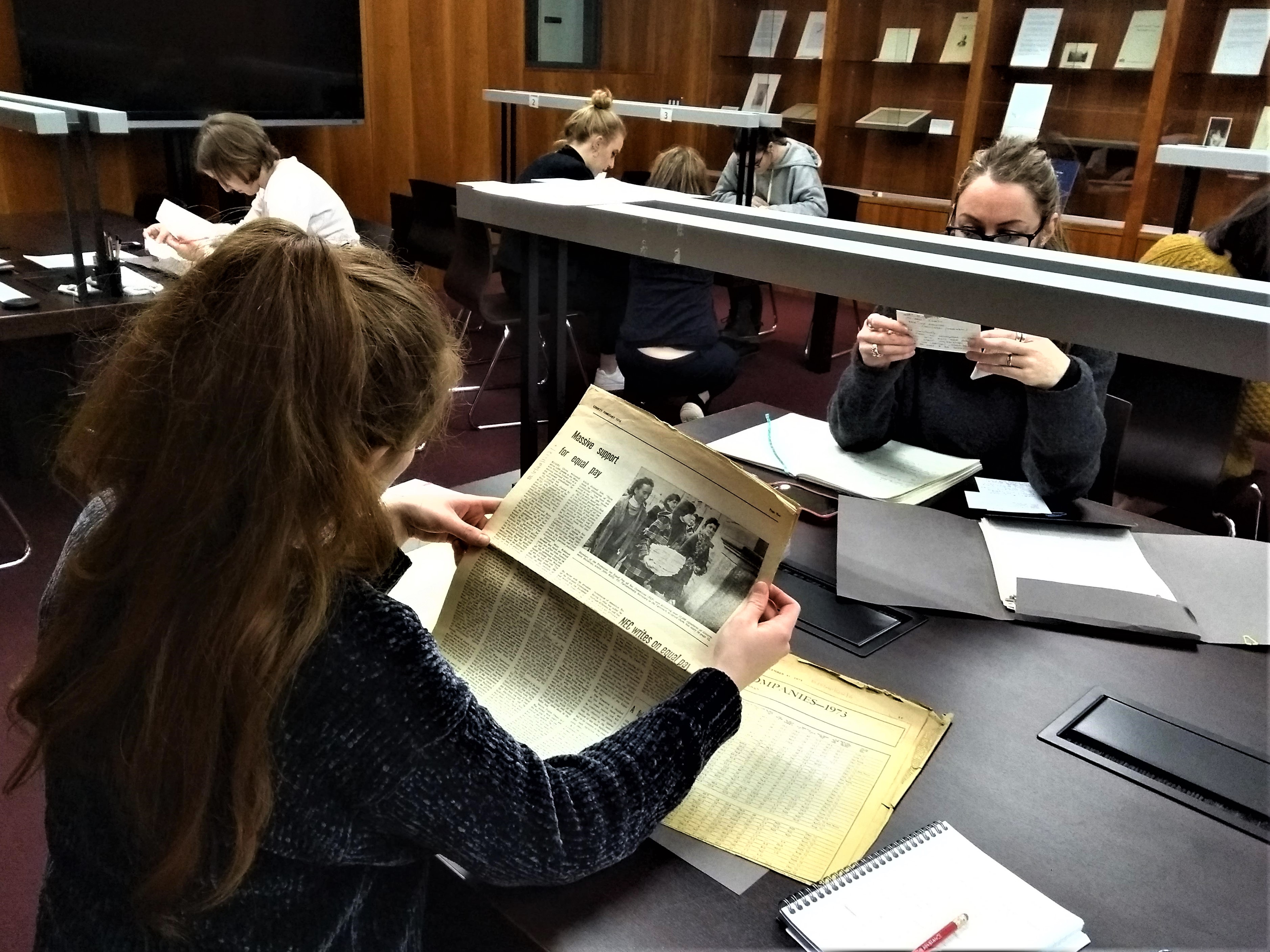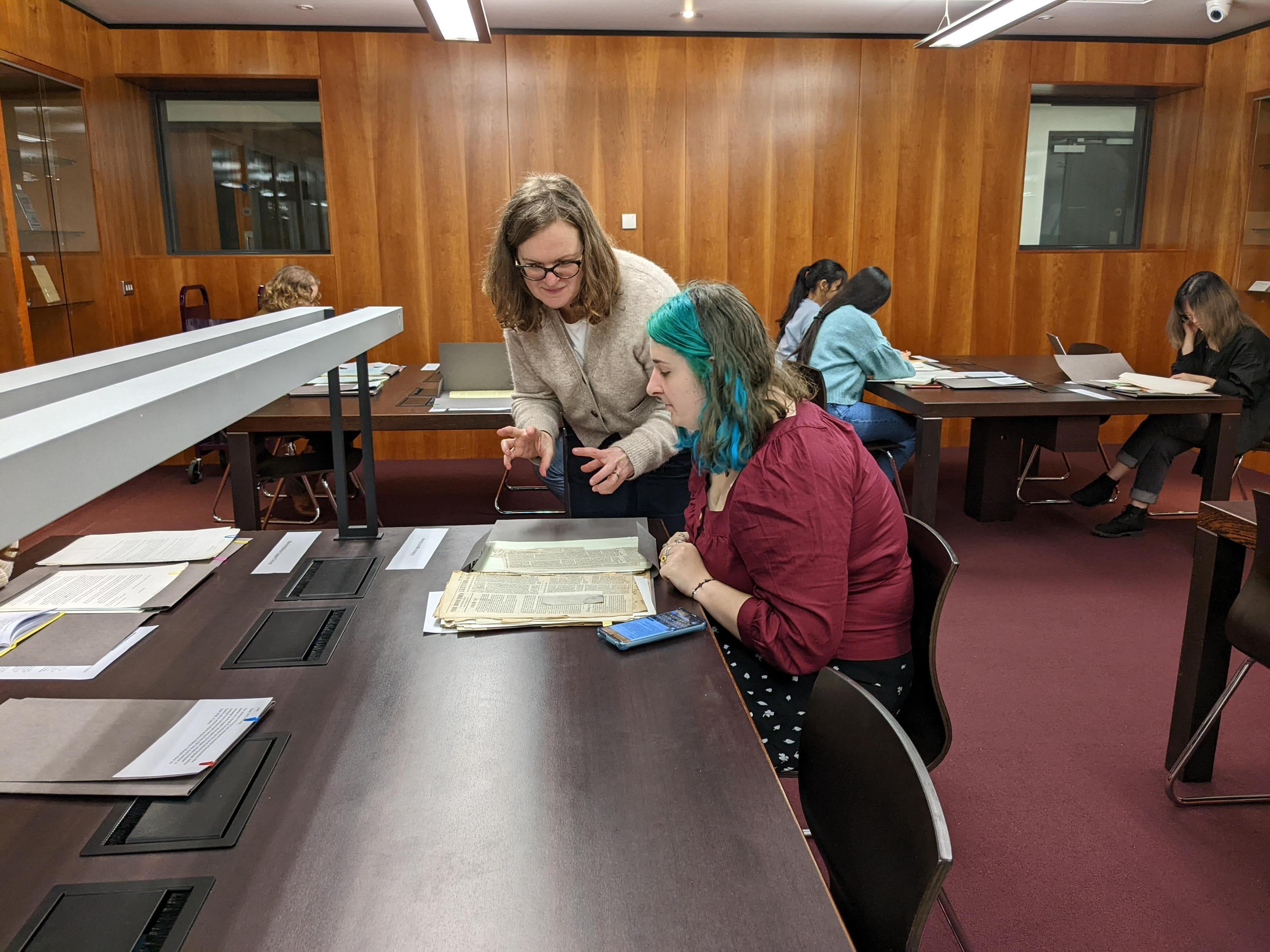In This Section
- Home
- MA in Women's Studies
- PhD in Women's Studies
- Teaching and Supervision Team
- History of Women's Studies at UCC
- Research and Events
- Conference Archive
- (09/10 -06-2017) Women's Voices in Ireland
- (02 -03-2017) Women's History Month Herstory Salon
- (19-06-2016) BodyStories Conference
- (04-09-2015) Performance, Politics, Protest
- (13-06-2017) Women and Austerity Conference Saturday 13th June
- (13-09-2017) Women and the media: feminist concerns
- (06-03-2014) Preventing and combating violence against women and domestic violence
- (01-03-2017) Paying the price to the uttermost farthing? Women and World War
- (15-06-2017) Irish Feminist Activism and the Arts
- (15-06-2012) Women in Politics: from Quotas to Representation
- (25-02-2012) From X to A B C: 20 Years On
- (18-09-2010) Moving in from the Margins
- (09-05-2009) Irish Feminisms and the Future
- (24-05-2008) Exploring Mothers: Discourses, Representations, Practices
- (09-06-2009) Mothering in Contemporary Ireland
- (17-06-2006) Buying Sex is not a Sport
- (27-05-2006) Irish Feminist Futures Postgraduate Conference
- (21-05-2005) If I knew then what I know now
- (12-03-2025) PG7044 International Women's Day Event: Jumping Generations - Revisited
- Graduate and Postgraduate Research
- Staff Research
- Conference Archive
- Graduate Opportunities
- MA students' blog posts
- Relevant Links
- Contact Us
Introducing the MA in Women's Studies
The MA in Women's Studies is available as a one-year full-time course or as a part-time course over two years. The programme has been taught at UCC since 1991-1992.
The MA in Women's Studies involves:
- a wide-ranging interdisciplinary programme;
- focusing on both theory and practice;
- examining women's roles and experiences globally and locally;
- developing a range of transferable skills.
The programme is ideally suited to mature students, recent graduates and international students, see student testimonials on this page.


Programme Duration and Time Commitment
Full-time students will have a minimum of six contact hours per week with staff from September to May. Between May and September they will engage in supervised research. Core seminars are held on Tuesdays, Wednesdays, and Thursdays from 5.00pm to 7.00pm to facilitate students with work and other commitments.
Part-time students follow the same programme as full-time students in year 1 and have the same workload. In year 2 they work only on the dissertation.
Students participate in discussing and debating issues in seminars, directed reading, research skills training, essay and report writing, maintaining a reflective journal, making at least one student presentation, and fieldtrips. You will also have the opportunity to attend some sessions with visiting speakers, relevant additional seminars, and our annual conference. See our previous conferences here: Conference Archive


Staff Student Interaction
The M.A. combines lectures, seminars, directed readings and thesis research. There is an emphasis on student participation and students will make at least one seminar presentation during the year. Opportunities are provided for students to meet with lecturers to discuss the prescribed readings and their dissertation research. In addition, students can draw on the course coordinator as an advisor throughout the academic year.
Course Content
During the first semester students will be required to submit two essays:- Feminist Methodologies WS6007 - 1 x 3000-word essay
- Feminist Theory WS6002 – 1 x 5,000-word essay
During the second semester students will be required to submit four essays and give a 20min presentation:
- Gender and Society I WS6003 – 1 X 2,500 – 3,000-word essay
- Research Skills WS6008 – 1 x 5,000-word Literature Review essay + Presentation
- Gender and Society II WS6005 – 1 x 3,000-word essay
- Reflective journal entries and a 1x2000-word essay about the journal
A detailed description of current modules can be found here: https://www.ucc.ie/admin/registrar/modules/descriptions/page086.html
To get a sense of the themes addressed in the course, the 2019-2020 Semester One Handbook can be downloaded here: Handbook Semester One
Course Objectives and Learning Outcomes
Objectives
To offer students a postgraduate training that provides an overview of feminist theoretical perspectives and research methodologies.
To build on an interdisciplinary approach to facilitate students in applying feminist theories and methodologies to an analysis of the roles of women in society.
Learning Outcomes
On successful completion of this programme, students should be able to:
- Formulate arguments that reflect a critical and comprehensive, interdisciplinary knowledge of feminist debates around social and cultural issues;
- Communicate those arguments effectively both orally and in writing;
- Apply concepts, theories and methodologies appropriately at postgraduate level;
- Assess how differences (race, ethnicity, class, sexual identity, time, place, values etc.) inform theoretical positions;
- Critically evaluate evidence drawn from existing research and scholarship;
- Design and pursue independent research;
- Utilise those transferable skills developed through engagement with the self-directed learning, research and academic writing aspects of the course.
Eligibility and Application Procedure
Applicants need to have an honours primary degree at 2H2 level or equivalent. If you have relevant experience in the areas of community work, industry, or the professions, you can also apply.
See admissions requirements here: https://www.ucc.ie/en/cke03/
Candidates will be asked to submit an essay of around 1000 words on a book, experience, or personal contact which stimulated their interest in Women’s Studies (a book review would be preferable). Further examples of applicants’ work may be requested. We also like to meet our candidates and ask them to attend for an interview. (Alternative interview arrangements may be made for international students.)
Applications should be made through UCC's application system.
COURSE CODES
CKE03 MA in Women’s Studies - Full-time
CKE21 MA in Women’s Studies - Part-time
Late applications (during the month or two before the course begins in September of any year) will be considered subject to availability of places. Inquiries regarding admission should be directed to the Postgraduate Admissions Office, UCC at 021 4902829 or 021 4902645 or by e-mail at postgrad@ucc.ie.
If you would like further information on the course, do feel free to contact Dr Armida de la Garza, the course coordinator at adelagarza@ucc.ie. She will be very happy to talk to you and can arrange to meet you to talk through what the course involves.
Graduate Flexi-Options
Some Women's Studies modules may be available to graduate flexi-options students (see https://www.ucc.ie/en/cacsss/grads/future_postgrads/flexi/)
Women's Studies modules available in this scheme:
WS6003 Women in Society 1: Contextualising Women in Society (5 credits)
WS6005 Women in Society II: Interdisciplinary Perspectives (15 credits)
Entry Requirements for Graduate Flexi-options
Applicants for Graduate Flexi-Options modules are expected to meet the entry requirements of the programme that the module is part of. Contact the Graduate Studies Office for an application form.
Flexi-Options closing dates
The closing dates for application for flexi-options are as follows:
Semester one modules: 30 August
Semester two modules: 30 November
